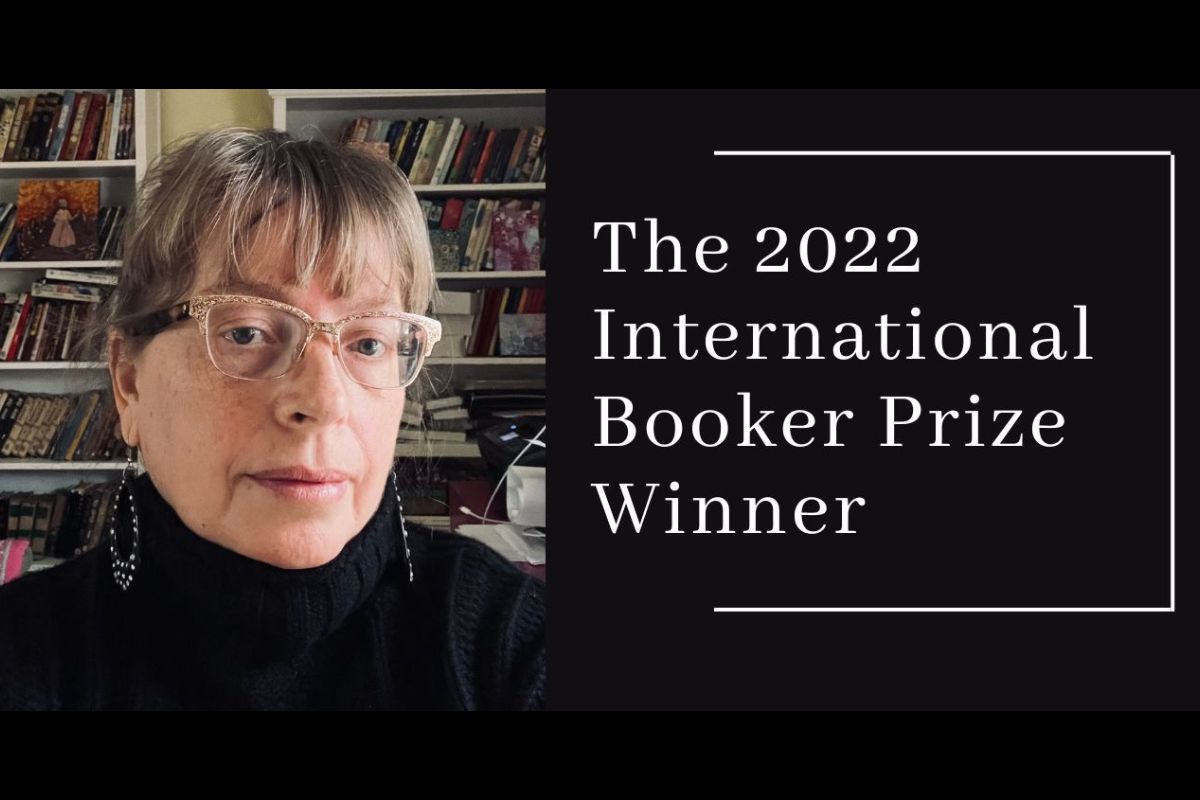
The translator of the 2022 International Booker Prize winner, Tomb of Sand, Daisy Rockwell speaks with Kunzum’s Paridhi Badgotri about the craft of translation, her affinity for Partition novels, and her upcoming projects.
The first translation that I read of Daisy Rockwell was A Gujarat Here, a Gujarat There—originally written by Krishna Sobti—rather than the more commonplace choices Tomb of Sand or Tamas. Since then I have been fascinated with her precision and focus on not only translating great works but interpreting their essence. Here’s a brief conversation between us about her many excellent works.
Many of the books you have translated are based on the Partition. What makes that event the focus of your work?
It happened by chance that the first Hindi novel I ever read was Jhutha Sach by Yashpal. That novel is almost like a comprehensive history of Partition, and it gripped my attention. I hadn’t read or known much about it before then. Ever since then, I have gravitated towards Partition projects. Although I must confess that I didn’t know Tomb of Sand was a Partition novel when I agreed to translate it, since that aspect of the book only comes up in the final third and I hadn’t read that far!
It is widely advocated that female authors should have female translators. Do you agree with that?
Well, I don’t know if I would say that having women translators for women’s writing is a must. I would advocate more for diversity among translators, whether it be gender or other identity features. What’s more important for translating women authors is sensitive translators who truly understand the work.
You designed the beautiful Indian cover of Tomb of Sand and A Gujarat Here, a Gujarat There. Do your artistic abilities play a role in your writing/translation?
I don’t know if they play a direct role, but I do think it’s important for a translator to have a strong visual imagination. Sometimes when we are stuck on a description, we need to be able to imagine in our heads what’s going on, and only then can we rewrite it in a new language.
What is the social role of literary translation in contemporary India?
Well that is an open question, but I do feel that literary translation plays a critical role in building bridges between communities. Translation is at its best, whether into English or between Indian languages, when it brings those communities closer together.
It is said that learning a new language opens a new perspective for the learner. In fact it alters the way one thinks. How have different languages influenced you as a person?
The languages I have learned, and continue to learn (because I’m always learning languages!), continuously open up new vistas for me. As we get older, it becomes more difficult to learn new languages, but even a small amount of language-learning can alter your perspective on reality.
There has been much conversation around the beauty of Geetanjali Shree’s prose. How did you translate her play of words into English and what were the challenges you faced?
Geetanjali encouraged me to play with with words in English in the same manner that she did in Hindi. So, the wordplay in Tomb of Sand is a recreation of that playfulness in a new language.
Are you working on any new projects?
So many! I’m finishing up a novel by Usha Priyamvada, Won’t you Stay, Radhika?, and I’m also close to completing a first draft of Channa, Krishna Sobti’s first novel that was first published shortly before her death. I recently completed a prose poem in Urdu by poet Azra Abbas, called Sleep Journeys, and I’ve been working on some of Geetanjali’s short stories. And then I am also hoping to soon begin work on an Urdu novel called Nagari Nagari Phirta Musafir by Nisar Aziz Butt, which I like to tell people is like Magic Mountain meets Middlemarch in the Northwest Frontier Provinces of Pakistan.
Lastly, in what ways has winning the International Booker impacted your life and work?
The International Booker Prize is well known around the world, so it has been an amazing honour to be a recipient. Translators have few opportunities for that level of recognition, which makes it even more exciting. And really, in a sense, it changes everything. I’m travelling a lot now for festivals and lectures, I am asked to do many more things to serve the wider translation community, and I also have completely lost control of my inbox!
Related: We Don’t Recognise All The Ways Women Contribute To The Economy

5 thoughts on “Literary Translation Plays a Critical Role in Building Bridges between Communities: Author & Translator Daisy Rockwell”